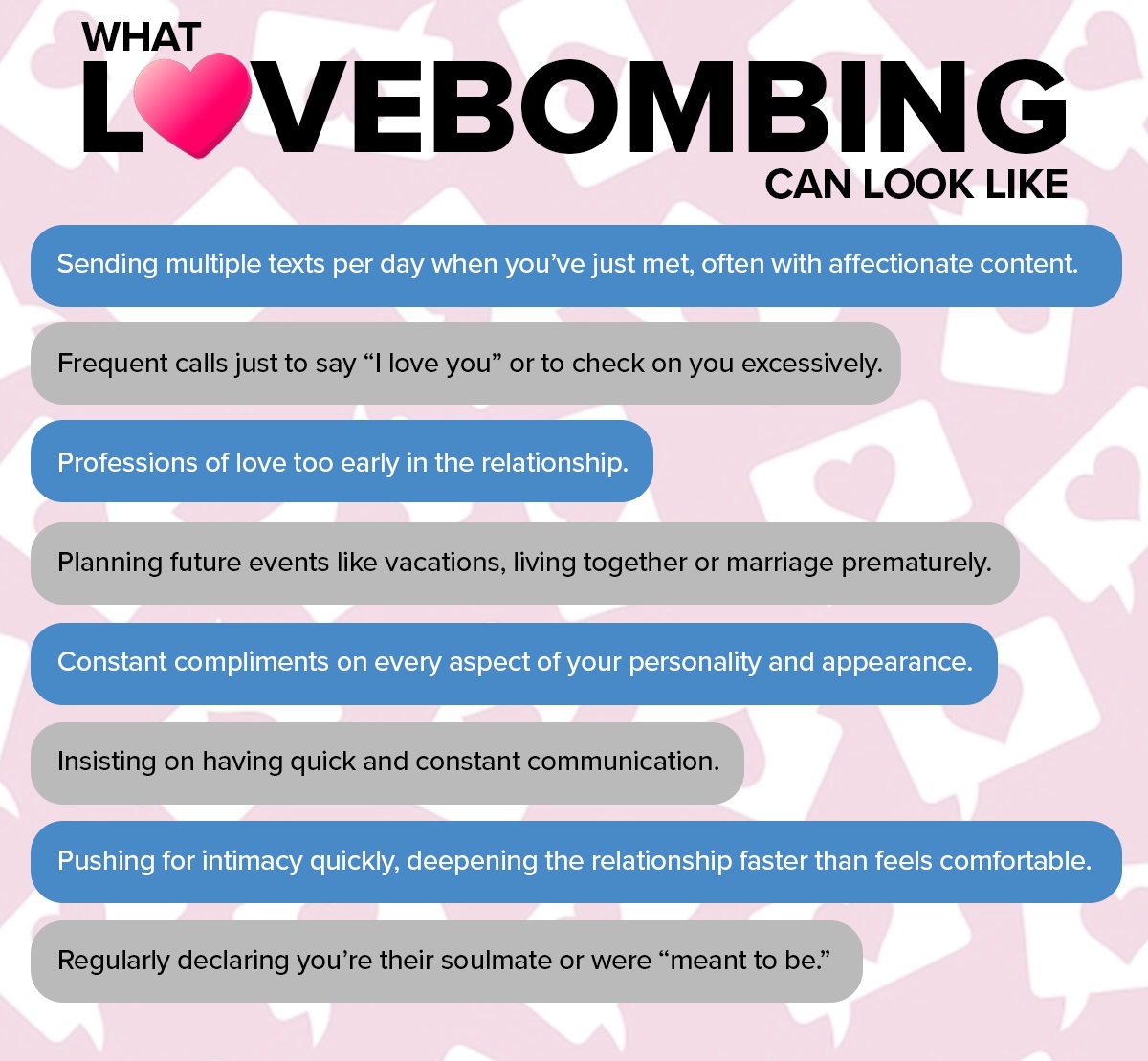When someone you care about is wrapped up in a romance scam, it can feel like they’re slipping through your fingers, lost in a world that doesn’t make sense to anyone but them. With insights from scam victim advocate Cagney Phillips, we’ll walk you through the psychology behind romance scams, how to approach a loved one without pushing them away, and steps to gently guide them away from the scammer. Because sometimes, the hardest part of the scam isn’t spotting the lies – it’s helping someone let go of what they thought was love.
At Seraph Secure and the Kitboga show, we often hear from people desperate to help a loved one caught in a romance scam. Romance scams – and their variants like romance-investment and celebrity impersonator scams – are among the most emotionally-devastating types of scams. That’s not just because of the financial damage, but because of the psychological grip scammers have on their victims.
Scammers are professional manipulators. They target vulnerability, build trust, and isolate their victims, working to convince them that anyone who questions the relationship is a threat. If you know someone involved in an online relationship that raises red flags, it can be incredibly difficult to help, especially when they don’t believe they’re being scammed.

So, where do you start? How do you break through and help someone who doesn’t realize they’re being scammed?
This article is for you – the concerned friend, the worried son or daughter, the heartbroken sibling. With guidance from Cagney Phillips of the AVAHS Outreach Group for victims of scams, we’ll walk you through how to gently start the conversation and how to support someone through the slow, painful process of untangling themselves from a scammer’s control.
Step 1: Understanding the Grooming Process
Before you can help someone, you need to understand what they’re going through. “It’s important to understand how these scams work before you try to help a victim,” says Cagney. “The key to romance scams is a slow build. Scammers don’t typically ask for money on day one. They groom.”
Grooming in the context of a romance scam is a calculated and manipulative process that happens over a long period of time. The scammer works to break down a person’s defenses while building up emotional dependence.
Cagney explains, “The process usually follows a predictable pattern. It’s designed to break down the victim’s defenses so that they’re more susceptible to manipulation.”
It usually starts with overwhelming attention – affectionate messages, compliments, and a seemingly-uncanny alignment in shared hobbies, values, and life goals to create a feeling of shared connection. Scammers often use love bombing, an emotional manipulation tactic where they shower the victim with intense displays of affection early on in the relationship to rope them in deeper and create an unhealthy dependency.
Love bombing can be hard to spot at first because it looks and feels similar to what people typically want in a relationship: to feel loved and adored.

Then come the fabricated stories of hardship. The scammer wants to appear vulnerable – maybe they have a tragic past, an illness, or a difficult personal situation, something that pulls at the heartstrings of any empathetic person. The point is to create emotional reciprocity, where the victim feels they are needed or can “help” the scammer.
Lastly, and perhaps most damaging, the scammer will isolate the victim from loved ones. They encourage them to keep the relationship private or drive a wedge between the victim and their support network.
They often use lines like:
– “You’re the only one I can talk to”
– “Only you understand me”
– “Let’s keep our love private – people wouldn’t get it.”
– “They’re just jealous of our connection.”
This makes the victim feel special and increases their reliance on the scammer for emotional support. The scammer will make promises of future meetings or plans that keep the victim hopeful and invested in the relationship.
Once the scammer believes they have emotional control, they introduce a crisis – something that requires money. Maybe it’s a medical emergency, a business deal gone wrong, or travel problems that conveniently prevent them from meeting in person.

“This is when the scammer starts asking for help,” Cagney continues. “But it doesn’t feel like a scam to the victim. It feels like helping someone they love.”
Understanding how this manipulation works is crucial for supporting victims. She adds, “The key is to help them understand that they are not at fault and to give them space and support to rebuild their boundaries.”
Step 2: Starting the Conversation – Timing and Approach are Important
Talking to someone about a romance scam must be done gradually and with great care. Pushing too hard or too soon can backfire, causing them to double down and cling more tightly to the scammer.
“Patience is key,” Cagney advises. “Don’t rush. Allow them to process at their own pace and be there when they’re ready to take the next step.”
Signs they might be ready:
– They begin to ask questions about the relationship
– They confide in you about problems with their partner
– They express doubt, confusion, or fear
– They reach out for support

Step 3: Ask the Right Questions
Cagney encourages people to always start with curiosity, not confrontation. Use gentle questions that invite reflection on the situation. Your goal is to plant seeds of doubt, not prove your point.
About the relationship:
– How did you two meet?
– What do you know about their background or life?
– Have you ever met them in person or seen them on video?
About the communication:
– Do they ever ask for money or gifts?
– Do they get upset if you talk about them with other people?
– Have they ever asked you to keep your relationship a secret?
About their emotional well-being:
– How are you feeling lately?
– Do you feel supported and happy in this relationship?
– Have you ever felt unsure about something they said?
These aren’t gotcha questions – they’re intended to help them start questioning things on their own while building trust with you.
After trust is built, Cagney recommends sitting down together to review the relationship more deeply. Point out inconsistencies in the scammer’s stories and encourage them to question red flags, like money requests or secrecy.” She stresses, “The focus should always be on helping them regain control of the situation without making them feel judged.”

What You Should Do
Stay connected. Scammers thrive in isolation. Be present – keep calling, texting, and visiting. Your presence helps counteract the emotional control the scammer holds.
Lead with empathy, not shame. Even if it feels obvious to you, remember – the victim has been psychologically groomed and they may already feel confused or embarrassed. Avoid saying things like “I can’t believe you fell for this.” Instead, try: "You're not stupid, these people are professionals at manipulation.”
Help protect their finances. If money has been sent or personal information shared, notify the bank and place fraud alerts on credit accounts.
Document everything. Keep a record of names, phone numbers, email addresses, and payment receipts for things like gift cards, wire transfers, and crypto wallets. Save all communications – any texts, emails, or receipts – these are crucial for investigations.
Set healthy boundaries. If the scam is ongoing and they are unwilling to acknowledge it, it’s okay to set limits for yourself – especially around financial involvement (e.g. don’t lend money, co-sign anything, or transfer funds). You can still care while protecting yourself.
Encourage Counseling. A trained counselor who understands the trauma of romance scams can be a powerful ally. Your loved one may need help rebuilding their sense of trust – in others and in themselves.
“You don’t have to navigate this alone,” says Cagney. “The AVAHS Outreach Group provides free certified assistance and victim advocacy to any victim of a scam. We walk with people through recovery, every step of the way.”
If you’d like to get in touch with AVAHS, you can fill out a request for help.

What You Shouldn’t Do
– Don’t demand they stop talking to the scammer - it can backfire
– Don’t mock, belittle, or shame them
– Don’t force them to go to the police right away - this decision must come from a place of readiness and support
It’s incredibly frustrating and heartbreaking to watch someone you care about go through this, especially if they resist your help. But try to remember: when victims stay in contact with a scammer, it’s not because they’re foolish or incapable of seeing the truth – it’s because they’re emotionally manipulated and invested in the relationship.
Many victims genuinely believe they’re in love. Scammers don’t just ask for money, they promise marriage, future plans, and even a family. Walking away doesn’t just feel like ending a relationship, it can feel like mourning a loss.
Patience is everything. Let your loved one move through denial, doubt, grief, and eventually, clarity, at their own pace. Walk beside them – don’t try to drag them forward.

Final Thoughts: Love is the Turning Point
Behind every victim is a real person who wanted love, connection, and meaning. That doesn’t make them weak – it makes them human.
If you’re showing up with love, care, and empathy – without judgement – you are already doing one of the most important things anyone can do in the fight against romance scams. Being willing to walk through it with them can truly be the turning point.
Cagney ends by emphasizing, “Recovery and rebuilding trust – in others and in oneself – doesn’t happen overnight. It happens in moments of trust, steps of courage, and in the unwavering presence of people who care.”
– The Seraph Secure Team




